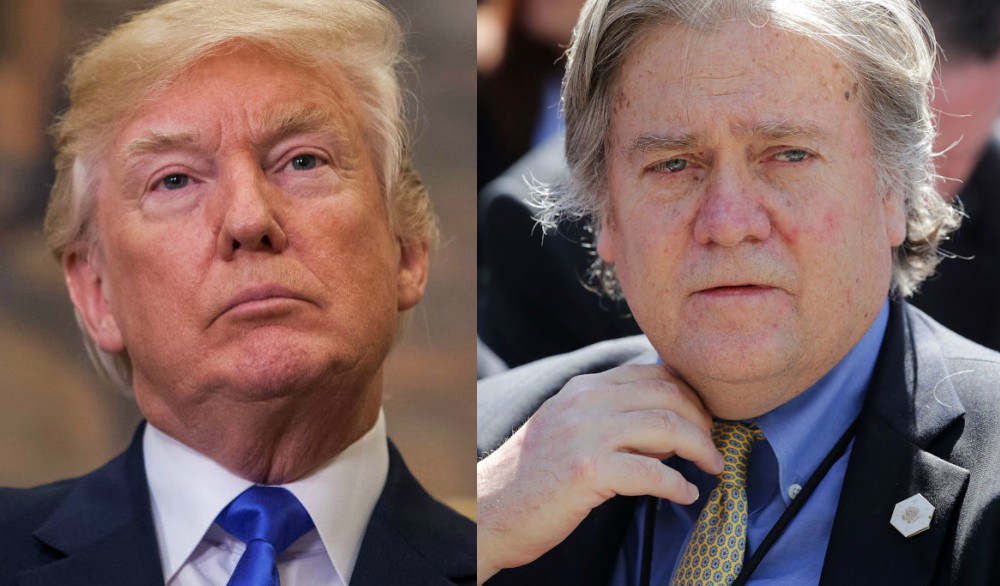When someone suggests prohibiting ‘false statements’ in campaigns, your gut reaction might be to nod your head in agreement. This might come from a belief that people shouldn’t make unkind comments or unfairly criticize candidates. Or, you may think such a ban would promote better-informed voters by preventing the spread of misinformation.
While some would argue that the truth is cut and dry enough that regulators should police the veracity of political statements, the Massachusetts Supreme Judicial Court rightly disagreed. In a ruling last week, the court struck down the state’s “false statement” law as unconstitutional on First Amendment grounds. In a unanimous decision, the justices declared the law as “inconsistent with the fundamental right of free speech.”
Unfortunately, some prone to greater regulation of political speech are likely to characterize this decision as a blow to democracy. Indeed, a candidate that filed the complaint under the recently invalidated law predictably lamented the ruling: “What we have here on several levels is a collision course with fairness in our electoral process.”
However, both the Massachusetts Supreme Judicial Court and the Supreme Court of the United States have vehemently disagreed when confronted with laws of this type.
The Supreme Court ruled on a similar case involving a state ‘false statement’ law in Ohio in 2014. In that case, Susan B. Anthony (SBA) List v. Driehaus, the Court unanimously allowed a challenge to Ohio’s false statement law to go forward and expressed skepticism regarding the political gamesmanship such laws promote. The Massachusetts’ Supreme Judicial Court ruling follows logically from the Supreme Court’s decision in SBA List.
Thankfully, the Massachusetts ruling has delivered a swift blow to the idea that the truth can be decided by a panel of bureaucrats. It also prevents the abuse of such laws by candidates seeking to silence their opposition. Permitting such a blanket grant of authority would have given politicians and friendly regulators the power to arbitrarily and maliciously go after parties that paint them in an unkind light. This danger is magnified further in light of the reality that those deemed to have made arguably false statements are subjected to civil – and sometimes criminal – penalties.
Ultimately, such false statement laws, which are on the books in a number of states, force bureaucrats to make a decision on the “truthiness” of a statement during the middle of a campaign. Given the deep shades of gray that tinge all hot button political issues based on one’s personal beliefs and worldview, determining the truth or falsity of a statement in the heat of a campaign is a job best left to the voters and not an unelected panel of government bureaucrats.
Free speech advocates are fond of saying that the solution to speech you don’t like is more speech. In the Massachusetts decision, Justice Robert Cordy reiterated that age-old wisdom in his own words: “that solution is counterspeech.” All political speech – and “counterspeech” – is and should be vigilantly protected from the threat of government intrusion and punishment. After all, the core principle of free speech is that individuals are allowed to say things that we do not like or agree with. And in politics, the difference between a lie and mere controversial rhetoric is often hard to parse. We wholeheartedly agree that the best way to combat offensive or untruthful speech is not regulation, but more speech.
Fortunately, we are not alone in this belief. Supreme Court Justice Anthony Kennedy said it best in 2010’s United States v. Alvarez opinion: “Permitting the government to decree this speech to be a criminal offense, whether shouted from the rooftops or made in a barely audible whisper, would endorse government authority to compile a list of subjects about which false statements are punishable…Our constitutional tradition stands against the idea that we need Oceania’s Ministry of Truth.”














